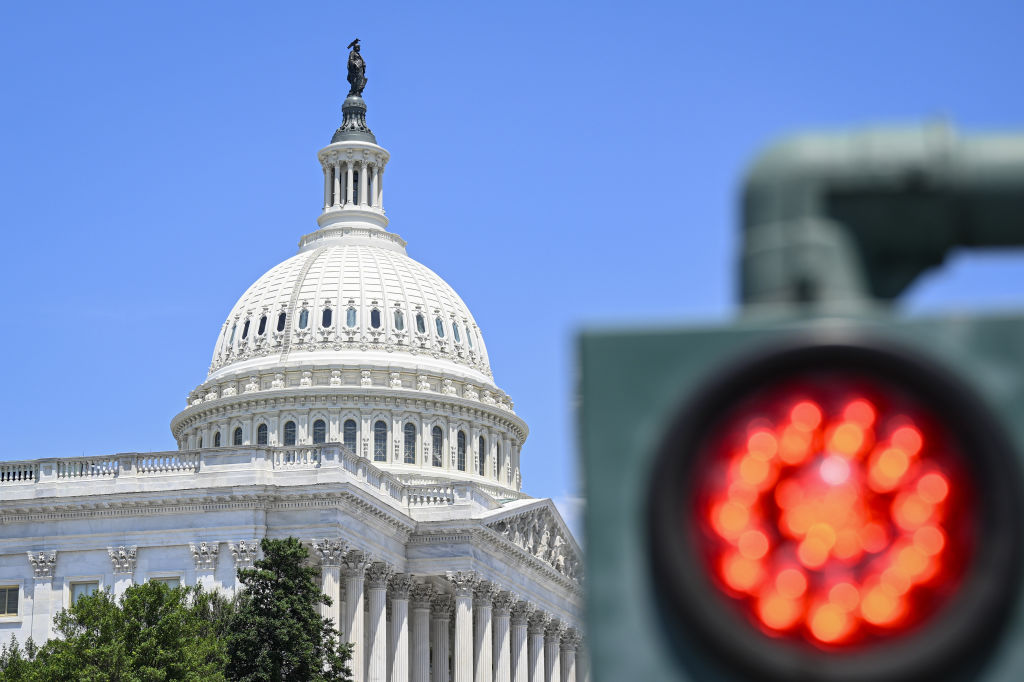The Inflation Reduction Act (IRA), President Biden’s climate investment law, took more than a year of negotiation and debate before enactment. Some of the biggest climate moves of the next administration are likely to come in the first months of 2025, regardless of the outcome of the election.
At the heart of the matter are two events already set on the calendar: the reinstatement of the federal debt limit in January and the expiration of many of the Trump-era tax cuts later in the year. Both will force Congress into fiscal negotiations. And if Republicans control any combination of the House, Senate or White House, the IRA will likely enter into the mix. Throw in a pending Supreme Court decision that is widely expected to limit the ability of agencies to make policy without Congressional guidance and it’s easy to foresee a stacked—and urgent—legislative agenda.
[time-brightcove not-tgx=”true”]
As I’ve written before, no one in Washington expects a wholesale repeal of the IRA. The politics are just too complicated with a wide range of interest groups benefiting from various provisions. But the law is vast, and a battle to ax or trim provisions that don’t enjoy wide enough support is possible, even likely. Think of the EV tax credits for consumers, widely considered a top target. The cost of that provision is expected to balloon past government estimates and become one of the biggest spending items in the law. (Goldman Sachs estimated last year that the government number is off by $379 billion). For that reason and many others, many Republicans hate it, and even some Democrats have been skeptical of its implementation.
Other provisions around renewable energy are trickier given that red states have benefited significantly from incentives driving clean technology manufacturing and deployment, but they would be up for discussion depending on the makeup in Washington. On the flip side, measures that support nuclear and carbon capture technology tend to enjoy wider bipartisan support.
In the middle of all of this, other, perhaps surprising, policies have entered the discussion. A carbon tax has long enjoyed some bipartisan support—even if Republican backers have by and large remained reticent to talk about it publicly. Now, some climate advocates see a grand bargain where a carbon tax could help pay for a continuation of tax cuts and efforts to reduce the deficit.
Even without a carbon tax, which admittedly faces very difficult politics, discussions have heated up about bipartisan support for a border adjustment mechanism that would impose a carbon fee on imports. The climate element helps draw Democratic support, but members of Congress across the aisle like that it would punish imports from China while favoring partners like the European Union. At the same time, it would help raise revenue to fund other priorities.
The truth is that no one knows how this will all shake out. Before we can handicap various options we need to see who will be in power after the election. Even then, observers expect that most of these negotiations would occur largely outside the public eye given the high stakes. What is clear: what happens in Washington next year will have a big impact on the future of the country’s climate investments.

